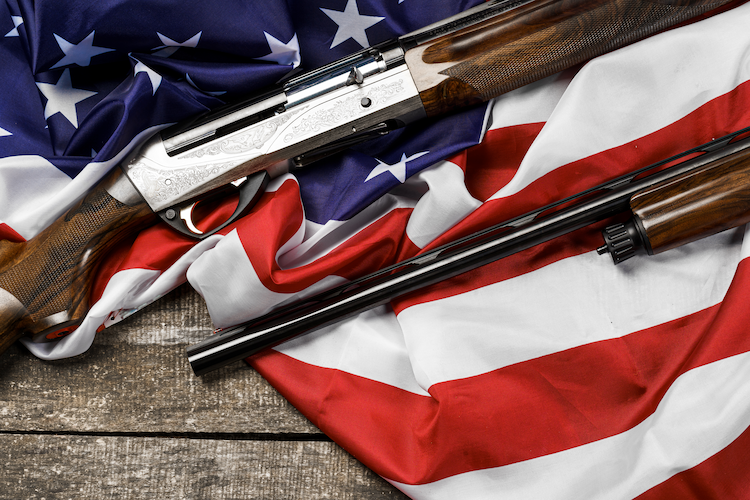Selective Service Act of 1917
Historical
Enacted in the early days of World War I, the Selective Service Act of 1917 authorized the country’s first military draft. By the conclusion of the war, 24 million men had registered for military service.
At the end of the Civil War, the United States ended mandatory military service. So when President Woodrow reluctantly entered into World War I, the country had a military of just 100,000 men. Although Woodrow preferred to use volunteers, it soon became clear there were not enough to men to build up the army. He then advocated for military conscription.
The prospect of a draft was not popular politically. Democrats, who traditionally supported the President, argued that requiring military service would destroy “democracy at home while fighting for it abroad.”
Reforming the Draft System
During the Civil War, it was common for wealthy men who were drafted to hire substitutes to serve in their place. The Union also recruited troops by offering cash rewards to enlistees as part of a bounty system. The Selective Serve Act aimed to create a more orderly system that was less prone to abuse.
Pursuant to the Selective Service Act, draftees could not pay replacements to serve in their places. The statute stated:
No person liable to military service shall hereafter be permitted or allowed to furnish a substitute for such service; nor shall any substitute be received, enlisted, or enrolled in the military service of the United States; and no such person shall be permitted to escape such service or to be discharged therefrom prior to the expiration of his term of service by the payment of money or any other valuable thing whatsoever as consideration for his release from military service or liability thereto.
1917’s Selective Service Act
The Selective Service Act required “all male citizens between the ages of twenty-one and thirty to duty in the national army for the period of the existing emergency after the proclamation of the President announcing the necessity for their service.” The age limits were later extended to include all men from ages 18 to 45.
The Selective Service Act authorized the President to create local boards to consider claims for exemption, such as physical disability. The law also exempted certain United States and state officials from the draft, as well as those already in the military or naval service of the United States. Exemptions also applied to regular or duly ordained ministers of religion, theological students, and members of religious sects whose tenets excluded the moral right to engage in war.
Draft Survives Legal Challenge
In Arver v. United States, 245 U.S. 366 (1918), the U.S. Supreme Court held that Congress properly exercised its authority under the Constitution when compelling military service under the Selective Service Act of 1917. The consolidated cases are collectively known as the “Selective Draft Law Cases.”
Previous Articles
SCOTUS Sides With NRA in First Amendment Dispute
by DONALD SCARINCI on June 25, 2024
In National Rifle Association of America v. Vullo, 602 U.S. ____ (2024), the U.S. Supreme Court rul...
SCOTUS Rules Challenged South Carolina District Is Not a Racial Gerrymander
by DONALD SCARINCI on June 19, 2024
In Alexander v. South Carolina State Conference of the NAACP, 602 U.S. ____ (2024), the U.S. Suprem...
SCOTUS Holds No Time Limit for Damages Under Copyright Act
by DONALD SCARINCI on June 17, 2024
In Warner Chappell Music, Inc. v. Nealy, 601 U.S. ____ (2024), the U.S. Supreme Court held that the...
The Amendments
-
Amendment1
- Establishment ClauseFree Exercise Clause
- Freedom of Speech
- Freedoms of Press
- Freedom of Assembly, and Petitition
-
Amendment2
- The Right to Bear Arms
-
Amendment4
- Unreasonable Searches and Seizures
-
Amendment5
- Due Process
- Eminent Domain
- Rights of Criminal Defendants
Preamble to the Bill of Rights
Congress of the United States begun and held at the City of New-York, on Wednesday the fourth of March, one thousand seven hundred and eighty nine.
THE Conventions of a number of the States, having at the time of their adopting the Constitution, expressed a desire, in order to prevent misconstruction or abuse of its powers, that further declaratory and restrictive clauses should be added: And as extending the ground of public confidence in the Government, will best ensure the beneficent ends of its institution.




